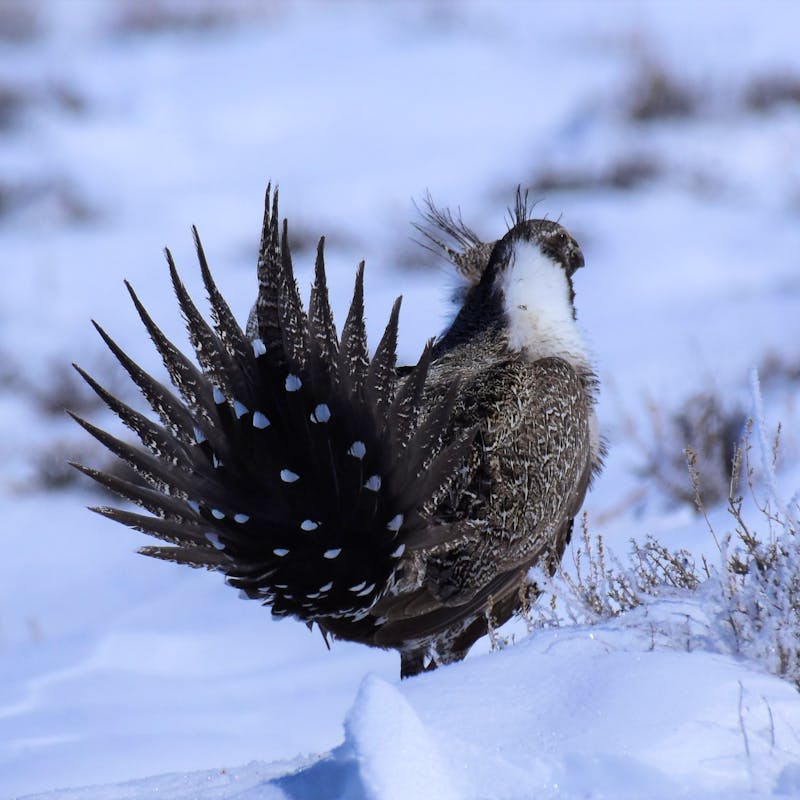Image

Assault on Endangered Species Protections Continues with New Bill to Delist Gray Wolves
Defenders of Wildlife is sounding the alarm over the latest congressional attack on gray wolves following the introduction of the Pacific Northwest Gray Wolves Relief
Image

Amendment to Exempt Defense Activity from the ESA Soundly Defeated
Defenders of Wildlife applauds the members of the House of Representatives who voted down a repeat amendment to H.R. 3838, the National Defense Authorization Act
Image

Defenders Condemns Revocation of Public-Backed Land Health Rule
Defenders of Wildlife today condemns the Trump administration’s announcement that it will revoke the Conservation and Landscape Health Rule, a critical rule that modernized the
Press Releases
Image

President Trump Opens Only Marine National Monument In the Atlantic to Commercial Fishing, Threatening Pristine Habitat and Endangered Species
President Trump signed a proclamation today, reopening the Northeast Canyons and Seamounts Marine National Monument (NCSMNM) to commercial fishing activities, a devastating decision for the Atlantic Ocean’s first and only marine national monument.
Image

Trump Administration Moves Ahead with Plan to Strip Bird Protections
Despite nearly 200,000 public comments defending the Migratory Bird Treaty Act (MBTA), the Trump administration is pushing forward with its plan to cement into law
Trump Issues Orders that Undercut NEPA and Jeopardize Wildlife
Today, President Trump signed an executive order that would allow certain federal projects to secure approval without complying with long-standing environmental laws, including the National
Image

Court shuts down Interior’s second illegal land deal with King Cove Corp
A federal District Court decision released late yesterday resoundingly shut down the Interior Department’s second attempt at an illegal land exchange with the King Cove Corporation to make way for a road through vital protected wetlands in Izembek National Wildlife Refuge.
Image

More than 12,000 Acres of Endangered Species Habitat Permanently Protected as ‘North Carrizo Ecological Reserve’ in Response to Defenders Settlement Agreement
The California Fish and Game Commission (FGC) voted in April to permanently protect nearly 20 square miles of land in eastern San Luis Obispo County as the North Carrizo Ecological Reserve.
Pagination
jcovey@defenders.org




